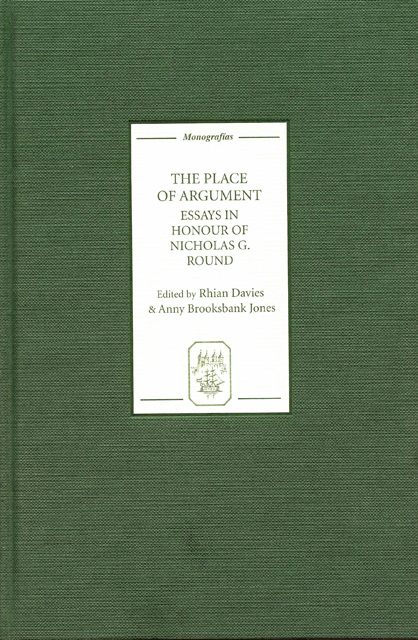Assessing Assessment
Published online by Cambridge University Press: 10 May 2023
Summary
First, do no harm.
When Nick Round remarked at an examiners’ meeting that ‘marks are a metaphor’ he demonstrated that, for him, the discourse and lexicon of assessment are inseparable from those of teaching and learning; the untidiness and subjectivity of assessment are ill-matched to numbers and mathematical operations. When – after another examiners’ meeting – Nick celebrated the anecdote of the man who looked for his lost keys underneath a lamp-post because that’s where the light was, rather than further down the road in the darkness at the place where he first discovered they were missing, he was again recognising the problematic character of assessment.
Preamble: The Case for Pedagogy
With the pressing concerns of the Research Assessment Exercise (RAE) evaluations in the UK, research has tended to become pre-eminent in most universities, while teaching and learning are relegated to a secondary role (Brown 2006: 3). In some cases teaching competence is accorded little or no weight when promotion is considered. This focus is unsurprising, given that universities’ research income has almost invariably to be earned or won in open competition whereas teaching income is more or less stable and difficult to lose. Yet the fact that even in very successful UK research-led universities teaching and learning brings in around 60% of income should give pause for thought. We might also note that in the new climate created by the introduction of ‘top-up’ fees (the new system of charging UK undergraduates for tuition, introduced in 2006–07), students are likely to become much more demanding in respect of how they are taught, and to compare one institution or department with another on that basis. The suggestion that they should fend for themselves while the academic staff get on with their research – the institutional advice given to me during my first week as a university student in the early 1960s – is not likely to cut much ice.
My more substantive point, however, is that in almost every case a university lecturer’s impact on society and the world is likely to be greater as a teacher of the hundreds if not thousands of students with whom she or he will come into contact over a career than through research articles and books produced.
- Type
- Chapter
- Information
- The Place of ArgumentEssays in Honour of Nicholas G. Round, pp. 192 - 202Publisher: Boydell & BrewerPrint publication year: 2007



